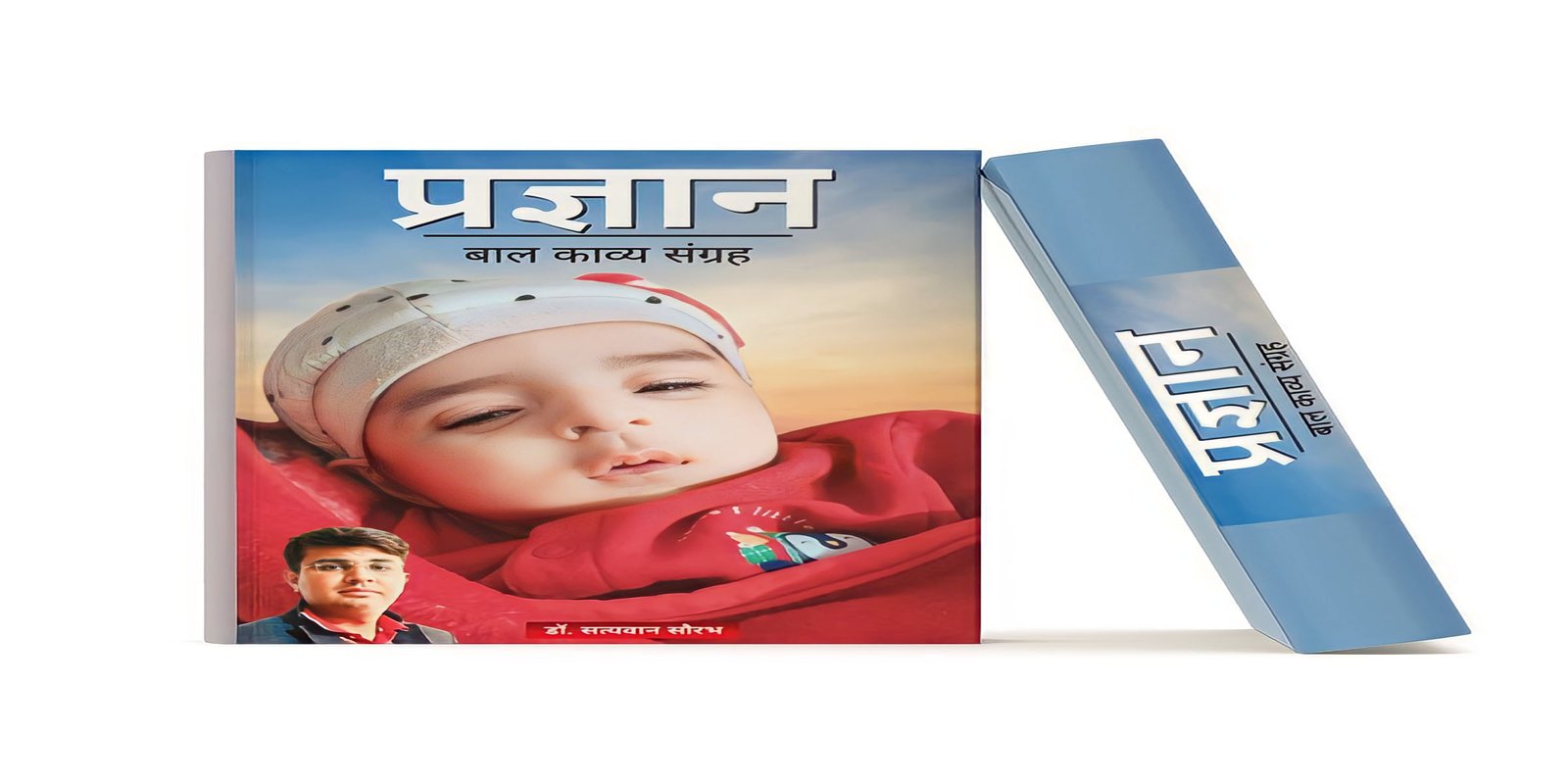By: Priyanka Saurabh
The festival of Hariyali Teej is celebrated on Shukla Paksha Tritiya in the month of Shravan. Mainly it is a festival for women. At this time, when nature spreads a sheet of greenery all around, then seeing this shade of nature, the mind dances in awe. There are swings at various places. Groups of women swing on the swings by singing songs. The third date of Shukla Paksha of Shravan month is called Shravani Teej. It is also called Haritalika Teej. This greenery is popularly known as Teej. In the month of Shravan, a sheet of greenery spreads all around. Seeing everyone’s heart gets excited. The month of Sawan brings a different kind of fun and enthusiasm. Teej festival comes in the middle of the pleasant season of Shravan. Women apply different types of henna on their hands keeping in mind the special festival. When she swings on the swing by holding the rope of the swing with hennaed hands, then this scene looks very beautiful, as if the bride is about to touch the sky. On this day married women hold Suhagi and give it to their mother-in-law after touching her feet. If there is no mother-in-law, then she gives it to the elders i.e. sister-in-law or any old woman. On this day, in some places, women also apply alata on their feet, which is considered a sign of marriage. On the day of Hariyali Teej, fairs are held at many places and Goddess Parvati’s ride is taken out with great fanfare. Hariyali Teej is not a religious festival but a gathering for women. For newly married girls, the first Sawan festival after the marriage has special significance.
According to religious belief, Mother Parvati observed this fast to get Lord Shiva as her husband. As a result, Lord Shiva was pleased with her penance and accepted her as his wife. It is believed that on the day of Shravan Shukla Tritiya, Mother Parvati found Lord Shiva as her husband after hundred years of penance. According to this belief, women worship Mother Parvati. There is special importance in applying henna, wearing bangles, swinging, and singing folk songs on Teej. On the day of the Teej festival, swings are placed in open places on the branches of big trees, on the roof of the house, or on the verandah on which women swing. Fairs are also organized at many places on the day of Hariyali Teej. Like the henna on the hands, a sheet of greenery is spread on nature too. Seeing this panoramic beauty, melodious jingles automatically start playing in the mind and the heart starts dancing in ecstasy. At this time the showers of the rainy season soak nature completely. Women keep fast in the Teej of Sawan. Unmarried girls do this fast to get a suitable groom and married women do it for the desire of their happy marriage.
Teej comes in the form of revival and re-power after the gruelling summer season. If it rains on this day, it becomes even more memorable. People wish for a cool shower in the Teej procession. At the end of the summer season, seeing the dark clouds moving in the sky, the heart rejoices with the call of paper and the sprinkling of rain at the beginning of the rain. In such a situation, Indian folk life celebrates the festival of Kajali or Hariyali Teej. This festival or festival is known as Kajali or Kajjali Teej because of the black clouds roaming in the sky and Teej because of the greenery in the whole of nature. On this festival, girls are called to Pihar by their in-laws. The girl is not left in her in-law’s house on the first monsoon after marriage. Sinjara is sent from the in-laws of the newly married girl on this festival. Sinjara is celebrated a day before Hariyali Teej. On this day, clothes, jewellery, makeup items, henna, and sweets are sent from the newly married girl’s in-laws. There is a special significance in applying henna on this day.
Women worship Goddess Parvati dressed in attractive clothes. In Rajasthan, the girls who are engaged get a gift from their future mother-in-law and father-in-law a day before. This offering is called Shinjhar (makeup) in the local language. Shinjhar consists of many items, such as henna, lacquer bangles, a special dress called Lahariya, which is tied and dyed, and a sweet called Ghevar. There are many offering items in it, which include clothes and sweets. The mother sends it to her married daughter. After the puja, the ‘baya’ is handed over to the mother-in-law. Even in eastern Uttar Pradesh, if the girl is in her in-laws’ house, then there is a tradition of sending sweets, clothes, etc. This is called the Teej offering in the local language. Be it Rajasthan or Eastern Uttar Pradesh, there is a tradition of taking newly married girls from their in-laws to their maternal homes in Sawan. All married women do special makeup on this day. In the evening, they celebrate festivals on the banks of the lake and sing songs of Kajali while swinging in the gardens.
On this occasion, young women apply henna on their hands. Teej songs are sung while applying henna on the hands. The whole environment gets overwhelmed with makeup. The biggest feature of this festival is the mehendi on the hands of women by making different types of bellbutes. Applying talat on the feet is a sign of women’s honey. Married women make henna on their hands and feet as well, which is called ‘Mehndi Mandana’. On this day, girls wish for their husbands who have gone to distant countries to come on Teej, which is also expressed in their folk songs. There is a special function on the day of Teej, tying hammocks on the branches of big trees in open places. Jhoola is a very pleasing experience for women. It is a unique experience to swing while singing Malhar holding a rope with mehndi-made hands. If there are no swings on Teej in Sawan, then what is Sawan? A few days before Teej, swings are made on the branches of the trees, on the roof of the house, or on the verandah, and the women, along with their friends, swing while singing folk songs, Kajri, etc. The whole atmosphere becomes romantic, lyrical, and musical with the melodious rhythmic notes of his songs. (The author is a Research Scholar in Political Science, a poetess, independent journalist and columnist. She can be reached at priyankasaurabh9416@yahoo.com)







